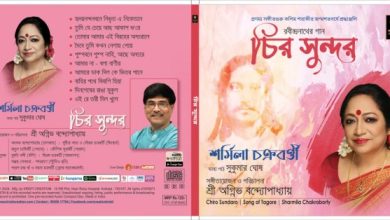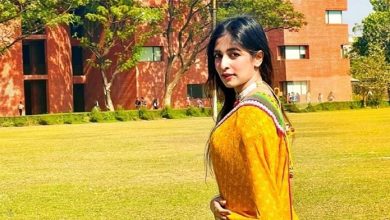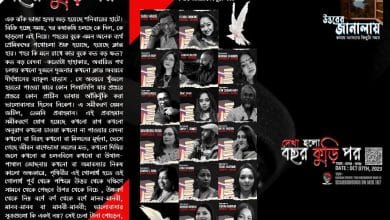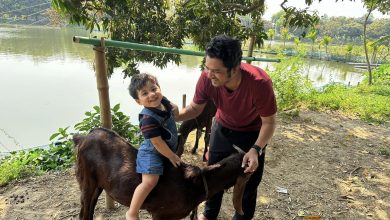Nayokraj Razzak: From refugee to iconic hero
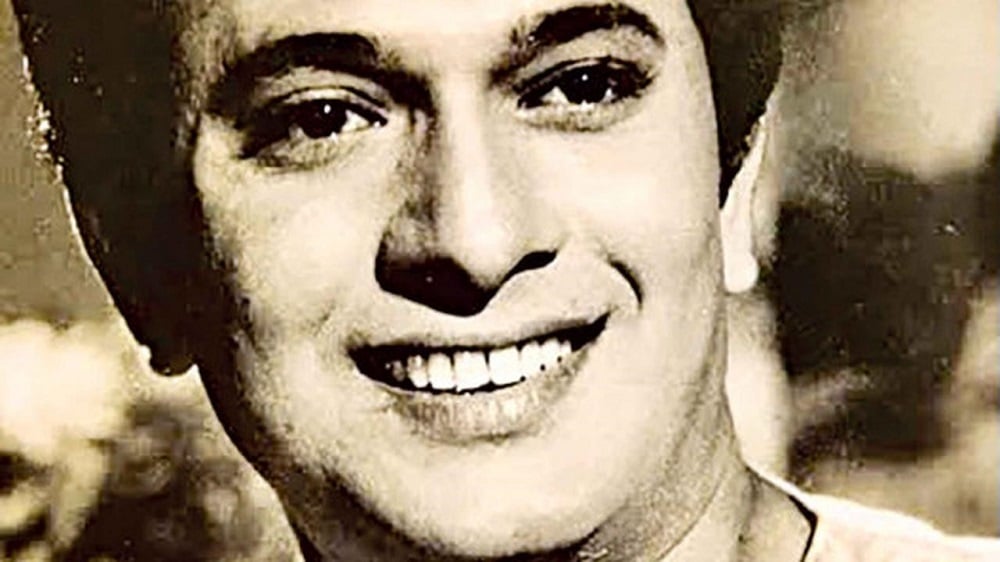
When he was born in a little known town in Kolkata, no one had any reason to believe that he would someday become the greatest Bangladeshi film hero of all time. And when he migrated to this country with an infant Bapparaj as a mere refugee, he didn’t know that one day the whole country would mourn his death.
Yet, that is how everything transpired for Nayokraj Razzak. In today’s Showtime we assemble some of the unknown and interesting facts about this mammoth actor, whose filmography consists of three hundred odd Bangla and Urdu films.
During his life in Kolkata he was a student of Khanpur School. That’s when he was completely into football. He would be seen playing in the field all the time. When one of his teachers forced him to participate in a school play Razzak got his first taste of acting.
After acting in the school plays Razzak started to work in stage plays outside of school. Razzak really set his mind on becoming a ‘hero’. Despite trying desperately, he failed to find work in Kolkata, except some extra work. Then someone called Pijush Shaha advised him to come to Bangladesh. Eventually he left Kolkata for Dhaka after the communal riot in 1964.
After coming to Dhaka he lived in a small house in Komolapur. He acted in small roles in Kagojer Nouka, Kagojer Bou, Tero Nong Feku Ostagar Lane. Razzak’s first work in a leading role came in Zahir Raihan’s Behula in 1966. That was the first time he received a decent pay. He was paid five thousand taka for his work in Behula. That was no little money in 1966.
By 1990 Razzak had become the undisputed king of Bangladeshi cinema. But the title ‘nayokraj’ was given and popularised by the editor of Chitrali Ahmed Zaman Chowdhury. He won numerous other awards including five times National Film Award in the best actor category.
The nayokraj was as romantic in real life as he was on screen. He affectionately called his wife Khairunnesa, by the name of “Lokkhi.” He named his house after his wife: ‘Lokkhikunja’.
During the shooting of Jibon Theke Neya a military car came in and picked up Zahir Raihan and Razzak. The allegation was that they were making an anti-Pakistan film. They were eventually released and the film was released too in 1969. even though the film revolved around the language movement, there was mention of Bangladesh in several places in the film.
In one of his films his character was an unemployed man, whose shirt pocket was torn at one corner. After seeing him in that shirt young people all over the country started to tear their pockets to imitate him.
Razzak was sitting on the driver’s seat of a rickshaw after a shoot ended, where he was playing a rickshaw puller. A woman on the way to drop off her kid to school called him for a ride, thinking he was a real rickshaw puller. When the woman got on the rickshaw the shooting crew quickly came to them and told the woman that it was the nayokraj. The woman was astounded and said that Razzak even haggled for the fare. Razzak said that he realised he was a successful actor after that incident.


